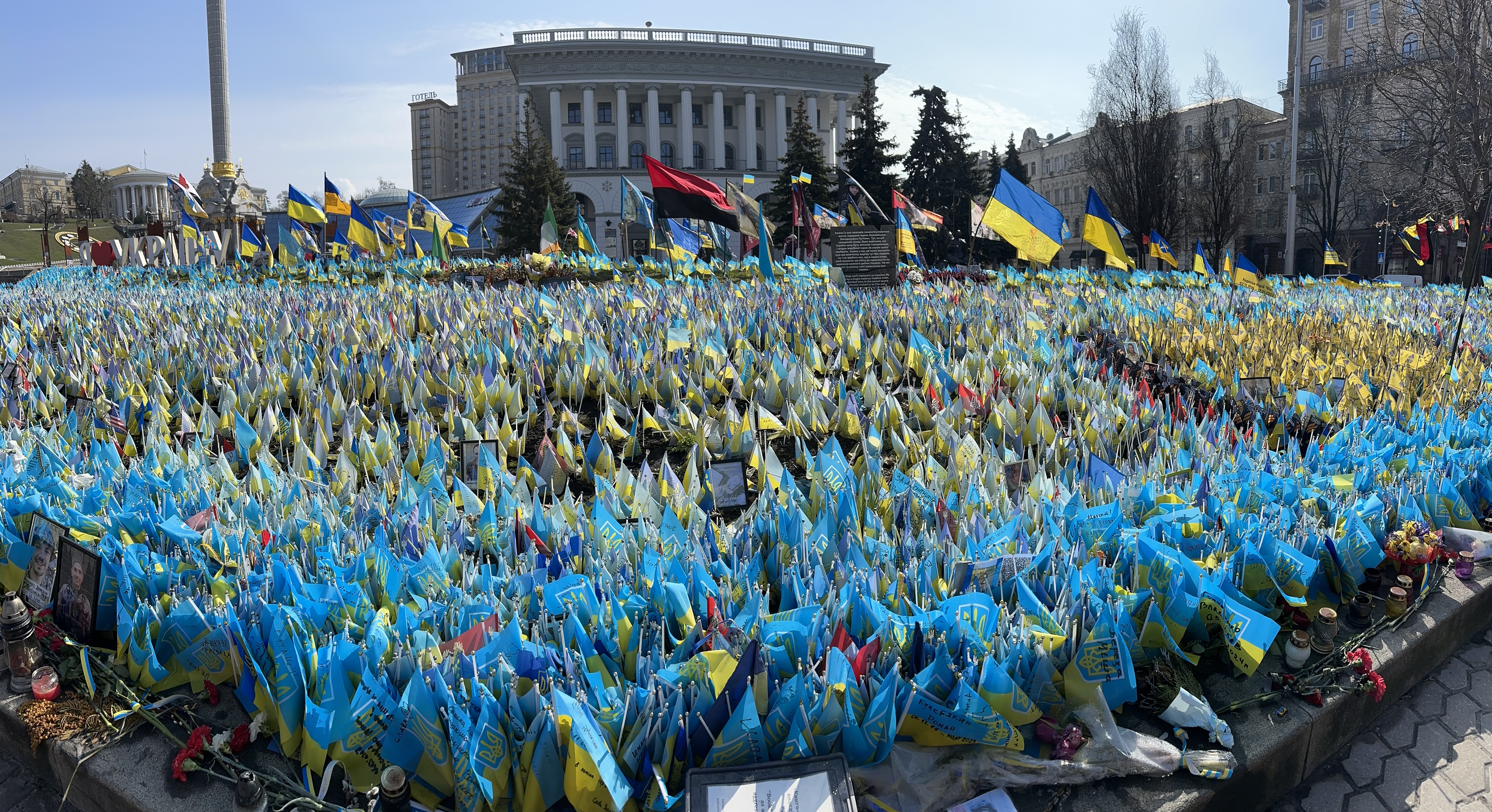Rethinking Feedback
The term ‘feedback’ describes a mechanism in which the result of a process is fed back into the process itself in order to influence its future behaviour. These concepts were developed particularly in the 19th and 20th centuries when engineers and scientists were looking for ways to control systems such as machines or electrical circuits. This cybernetic feedback model was applied as a metaphor to human systems and has influenced thinking about performance improvement ever since. Today, feedback is used as a tool for coaching, continuous improvement and leadership development. This model sets clear, measurable goals, defines corrective actions and enables iterative improvement. It is based on a view that strongly resonates with the way we understand the human world - perhaps mirroring the logical, iterative processes we use in software development and systems management. While a feedback model based on cybernetics assumes a stable environment in which cause-and-effect chains are predictable and treats human development as just another system to be optimised, complex human interactions require a different approach. When dealing with intrinsic human qualities, emer
gent properties of non-linear processes and relationship dynamics, the model falls short.









